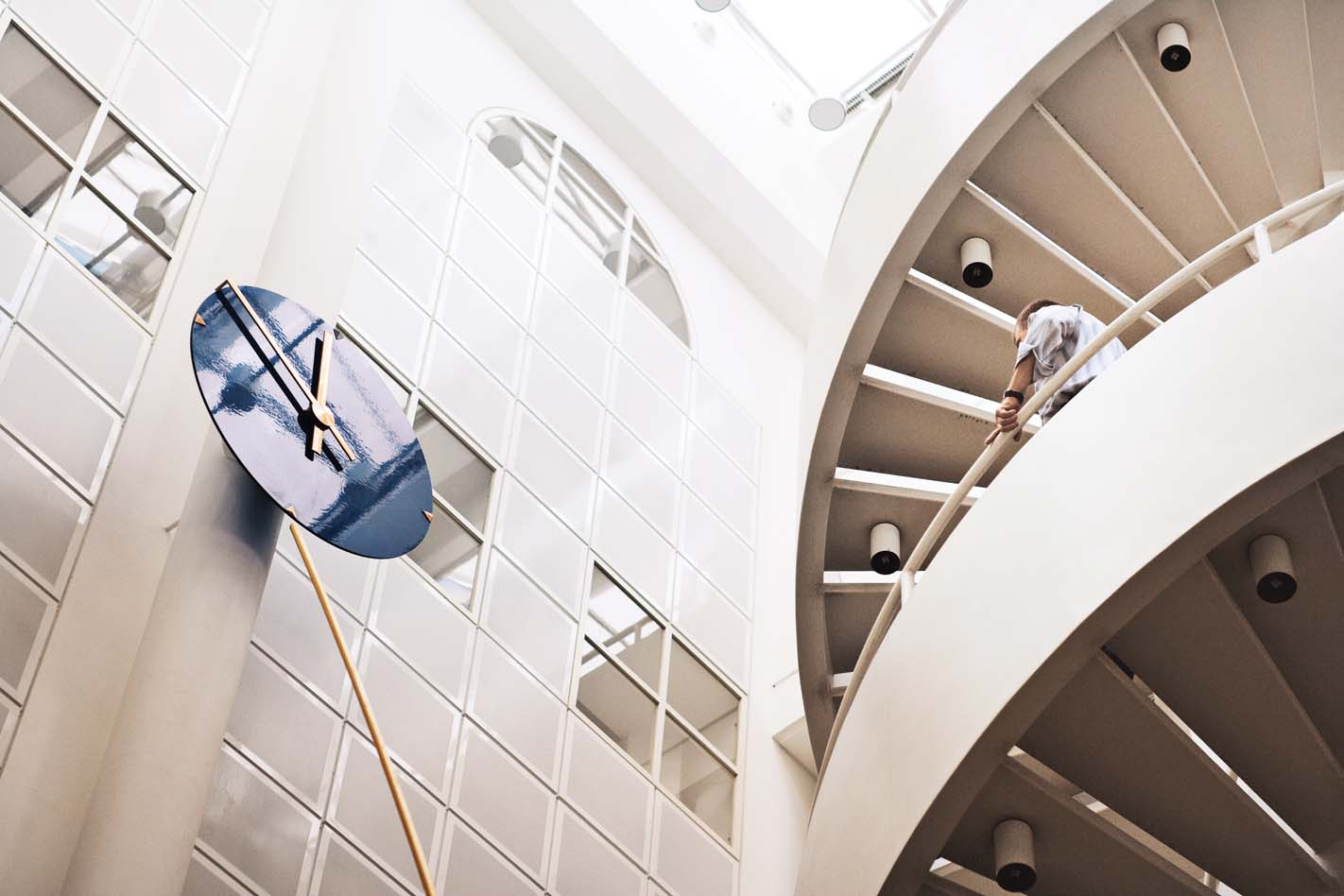Cyclical companies continue to perform well despite crisis
Several cyclical companies have been performing well despite the collapse in European stock markets during the current crisis. The explanation must be that the markets are trading on fear rather than fundamentals.
Several cyclical companies can boast strong financial results, solid order books and lean organisations despite share prices nose-diving through August and much of September as a result of the ongoing crisis in Europe.
Economic activity is normally the crucial factor for the performance of cyclical stocks, as upturns bring an influx of orders and money in the bank, while downturns brings fewer orders due to weaker demand. Cyclical sectors include heavy industry, carmakers and other producers of durable consumer goods.
Several cyclical companies are nevertheless doing good business despite the crisis with all the problems in Southern Europe and the threat of recession.
Posted healthy results
“We’ve now had most companies’ reports for the third quarter, and cyclical companies have posted healthy results, albeit understandably tinged with caution about the outlook,” says chief portfolio manager Ivan Larsen from Danske Capital. “This goes to show that the collapse in prices in August and September was over the top.”
He explains that the downturn in share prices was a reaction not only to the economic challenges in Southern Europe but also to the world seeming set to fall into a big black hole in 2012. Companies’ results have shown, however, that this does not look like being the case.
We are all unsecure
“Naturally companies are being cautious, and we’re all unsure about what will happen in 2012, but many companies are well prepared with very different stock levels to 2008, when the crisis caught everyone by surprise and left companies with bloated stocks,” he says.
One company whose share price has taken a hit is forklift-truck manufacturer Jungheinrich, in which Danske Invest’s European small-cap is invested. The company’s results certainly do not justify the dip in its share price in August and September.
Some of the best margins
“Jungheinrich emerged from the third quarter with strong results and some of the best margins in its history,” says Larsen. “It’s running at full capacity and even has expansion plans.”
He explains that the company is also well prepared for a possible downturn in 2012, because it used the crisis in 2008 to build a more flexible cost base. For example, it has a far higher proportion of workers on temporary contracts than before, giving it greater flexibility in its planning.
“The stock market has not yet rewarded the healthy results reported by Jungheinrich throughout this year,” says Larsen.
Jungheinrich accounts for 2.8% of Danske Invest Europe Small Cap.







